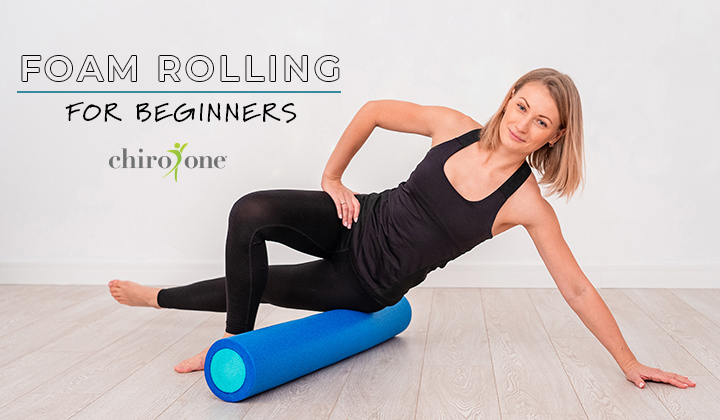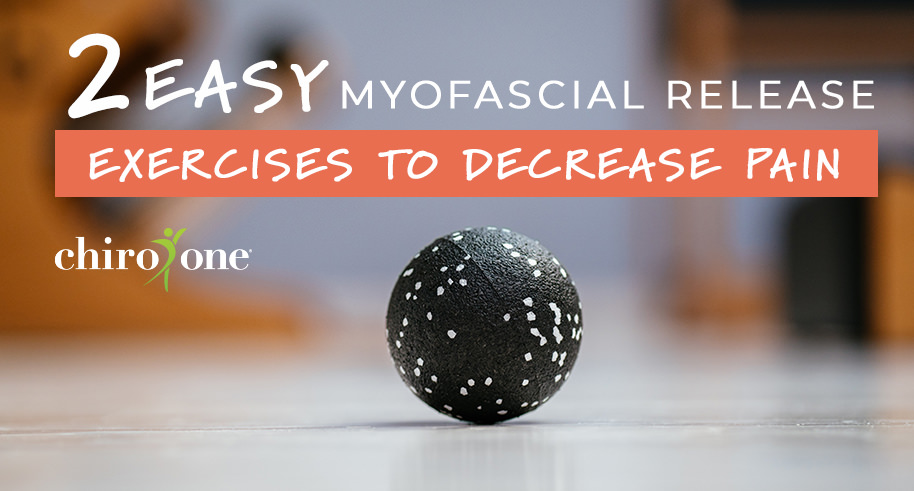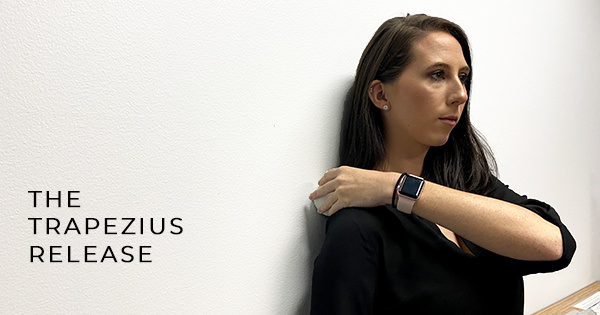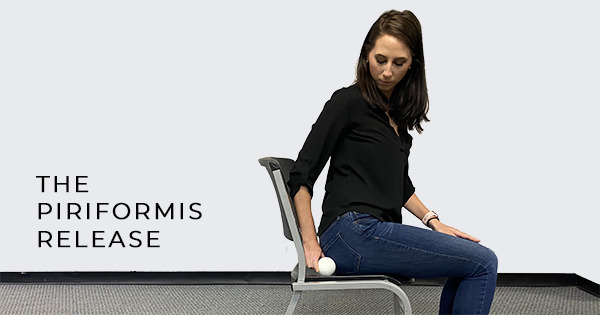
Foam Rolling for Beginners
Foam rolling is a workout go-to for pro athletes and gym enthusiasts alike. Get answers to top questions about foam rolling, including how does foam rolling help, and how to get started with your first foam roller.

Feeling tense or tight these days? Maybe it’s time to look into some self-myofascial release exercises to help you out. When done in conjunction with your chiropractic treatment and therapies, these techniques can be wonderful tools to add to your pain relief arsenal.
Self-myofascial release is a hands-on approach to managing pain and alleviating physical discomfort. As a therapeutic technique it focuses on smoothing out the body’s connective tissue, aka fascia, to help alleviate pain that may be associated with stiff or tight areas within your musculature.
First off, fascia is a three-dimensional web of connective tissue that wraps around, stabilizes, and supports your muscles and other internal organs. Inactivity, overuse, repetitive motion or injury can cause fascia to become bound in ways that further perpetuates tension, restriction, and circulation. Myofascial release exercises are used to target these specific areas in a way that helps.
The following easy to apply self-myofascial release exercises address two common areas that cause discomfort, the neck (as it relates to the shoulders) and the low-back (as it relates to the hips. They are aimed to help you reduce tension or soreness, improve your joint’s range of motion, increase circulation, and help your body unwind in a way that enables relaxation. All you need is a small exercise ball or tennis ball and a little time to learn how to properly apply pressure to your muscles as a self-care routine. Let’s get started!

#1 Ease Neck and Shoulder Tension with The Trapezius Release
For neck and shoulder tension
This myofascial release exercise is great for folks who find themselves frequently hunched over and carrying their head slighting forward. This type of posturing can cause an imbalance in the neck and shoulder muscles, notably the upper trapezius, which then contributes to headaches and tight shoulders.
Follow these steps to reduce neck and shoulder tension:

For low-back and sciatic tension
This myofascial release exercise is perfect for those who sit for long periods throughout the day! A sedentary lifestyle can make the piriformis muscle (which runs from the outside of the hip to your sacrum bone) tight. When your piriformis muscles are tight they can contribute to low-back pain and cause sciatica.
Follow these steps to reduce low-back and sciatic tension:
Please note: It is always advisable to consult your doctor before beginning any new therapies, especially if you have a serious medical condition, physical limitations or are experiencing chronic pain.
Chiropractors are trained to help the body restore proper mobility and function through safe, controlled, and specific forces applied to the joints or muscles. With expertise and guidance, a chiropractor can help you learn more ways to apply exercises or stretches so that your body becomes more in balance and able to heal.
With clinics in the following metro areas: Chicago, Indianapolis, Milwaukee, Madison, Vancouver, and St. Louis you’ll be able to find a chiropractor near you. Make an appointment to start your wellness plan today. Your body will thank you.
Subscribe and get news, articles & offers sent right to your inbox each month.
"*" indicates required fields
By subscribing you are agreeing to the Terms and Conditions and Privacy Policy.